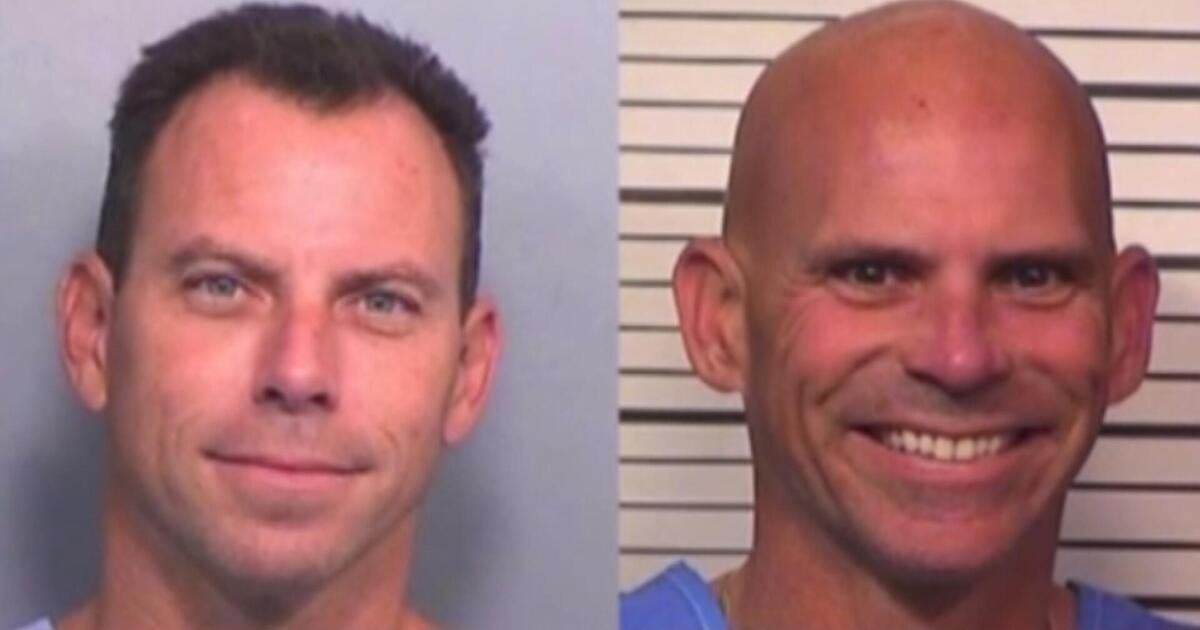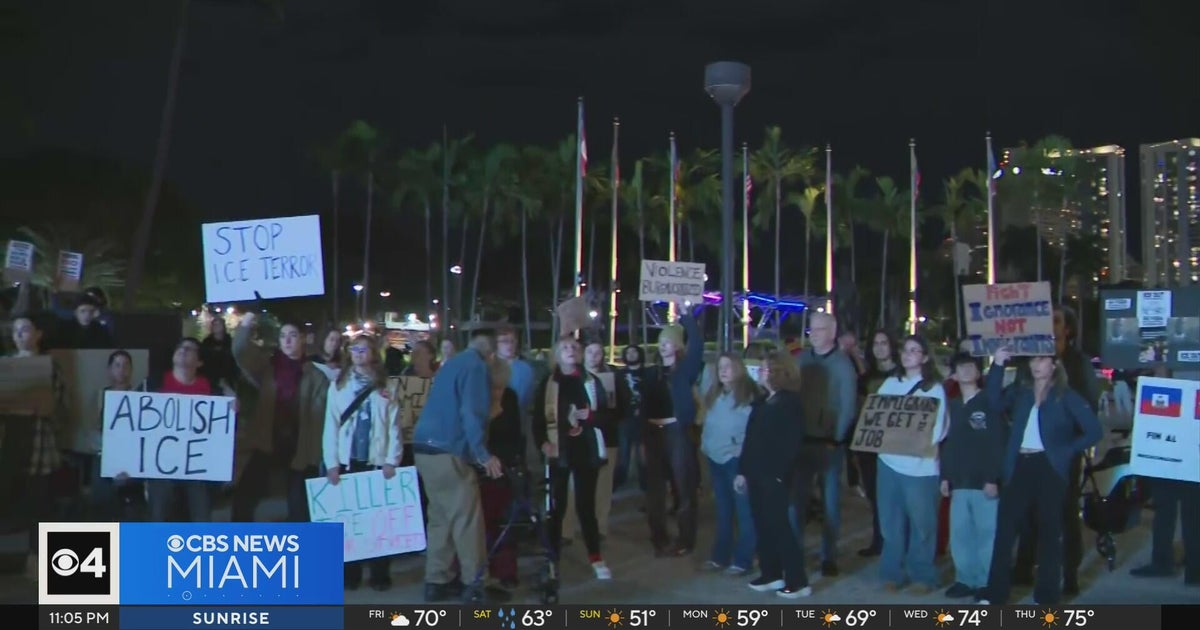The Menendez brothers are set for long-awaited parole board hearings in California this week after spending nearly 30 years in prison for the 1989 killings of their parents, Kitty and Jose Menendez.
In May, Erik and Lyle Menendez, who were sentenced in 1996 to life without the possibility of parole, saw their sentences reduced by a judge to 50 years to life, making them eligible for parole under California’s youth offender law because they were under the age of 26 when they committed their crimes.
The brothers will appear separately before the state parole board to argue that they no longer pose a threat to public safety, will not re-offend and take full responsibility for their crimes. Erik Menendez will have his hearing on Thursday morning, followed by Lyle Menendez on Friday. The brothers are expected to appear virtually from the Richard J. Donovan Correctional Facility in San Diego.
The Menendez brothers’ appellate attorney, Mark Geragos, has said their parole hearings should be about redemption and not about relitigating the facts of the case. Several family members of the brothers have spoken out in favor of their release from prison, saying they have forgiven them for what they did.
“I’m hopeful and glad we’re one huge step closer to bringing the boys home,” Geragos said after the brothers were resentenced.
Here’s what to know.
When did the Menendez brothers go to prison?
On Aug. 20, 1989, the Menendez brothers’ parents, Kitty and Jose Menendez, were shot multiple times at close range with a shotgun inside their Beverly Hills home.
On March 8, 1990, the brothers were arrested for the killings of their parents after police received a tip from Judalon Smyth, the girlfriend of a psychologist whom Lyle and Erik Menendez had been talking to.
In 1994, a judge ruled a mistrial after separate juries for the brothers were unable to reach a unanimous verdict. The following year, prosecutors decided to retry them.
In 1996, after days of deliberation, the jury found the Menendez brothers guilty of first-degree murder. They were sentenced to life in prison without the possibility of parole.
Where does the Los Angeles County DA stand on the Menendez brothers’ case?
Los Angeles County District Attorney Nathan Hochman has been outspoken that the brothers should not be released, claiming they have continued to lie about alleged physical, sexual and emotional abuse. Earlier this month, he filed a 132-page response outlining his office’s opposition to their petition for a new trial, which is still pending.
In 2023, the brothers submitted a habeas corpus petition seeking a new trial based on evidence that was not originally presented to the court. One of the new pieces of evidence was allegations made by a former member of the boy band Menudo, who alleged he was sexually abused by Jose Menendez.
The second piece of evidence was a letter from Erik Menendez written before the murders, which was not found until several years ago, that described his alleged abuse by his father.
Ahead of the parole hearings, Hochman reiterated his office’s stance opposing the Menendez brothers’ possible release. He claimed that the brothers have “never fully accepted responsibility for the horrific murders of their parents.”
He added that they continue to pose a risk to society and have failed to show that they are “fully rehabilitated.”
“While recent documentaries and films have drawn renewed attention to this case, parole decisions must be based solely on the facts and the law,” Hochman said. “This case, like all cases — especially those that captivate the public — must be viewed with a critical eye.”
How do parole hearings work in California?
Parole hearings are held to determine if an inmate currently poses an “unreasonable risk of danger to society,” if they are released from prison, according to the CDCR.
The brothers will have independent parole hearings before a panel that will determine whether they are suitable for release.
Will the Menendez brothers be released immediately if they’re granted parole?
Following the hearings, the board’s decision is considered a “proposed decision” and can be reviewed by the board’s chief counsel within 120 days.
If the board does grant either of the brothers parole, California Gov. Gavin Newsom will have 30 days to either approve or deny the decision. Only then, if Newsom does approve their parole, would the Menendez brothers be released from prison.
What happens if the Menendez brothers are denied parole?
If the Menendez brothers are denied parole during their hearings, they could attempt to gain freedom in future hearings.
According to the California Department of Corrections and Rehabilitation, if an inmate is denied parole, state law requires the board to schedule another hearing three, five, seven, 10 or 15 years in the future. An inmate can submit a petition to advance the next hearing date based on new circumstances or information.
In 2024, the board held 3,764 hearings, according to the CDCR. Of those hearings, 69% were denied compared to the 31% who were granted parole.
What is California Gov. Gavin Newsom’s role in the Menendez brothers’ parole bid?
Regardless of what the parole board decides, Newsom will have the final say whether he approves or denies its recommendation.
According to the CDCR, under the state constitution, the governor has the “executive authority to affirm, reverse, or modify any Board decision to grant or deny parole to a convicted murderer.”
Thus far, Newsom has remained guarded about the brothers’ release, saying he will take the parole board’s decision into consideration when making his.
In 2022, Newsom rejected two notable parole recommendations for Sirhan Sirhan, whose death sentence for the 1968 assassination of Sen. Robert F. Kennedy was commuted to life imprisonment in 1972, and former Charles Manson follower Leslie Van Houten, who was convicted of murder for her role in the 1969 killings of Rosemary and Leno LaBianca in their Los Angeles home.



